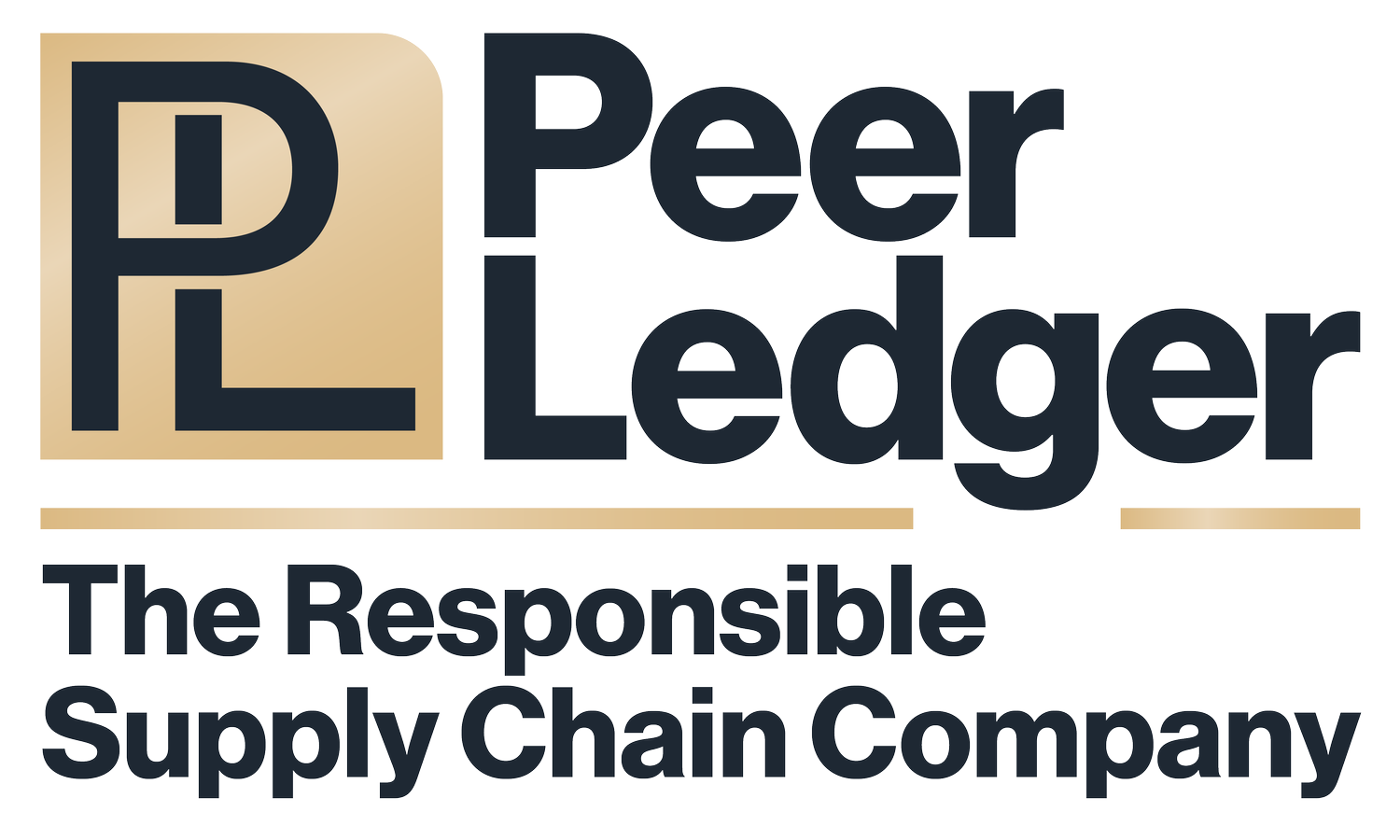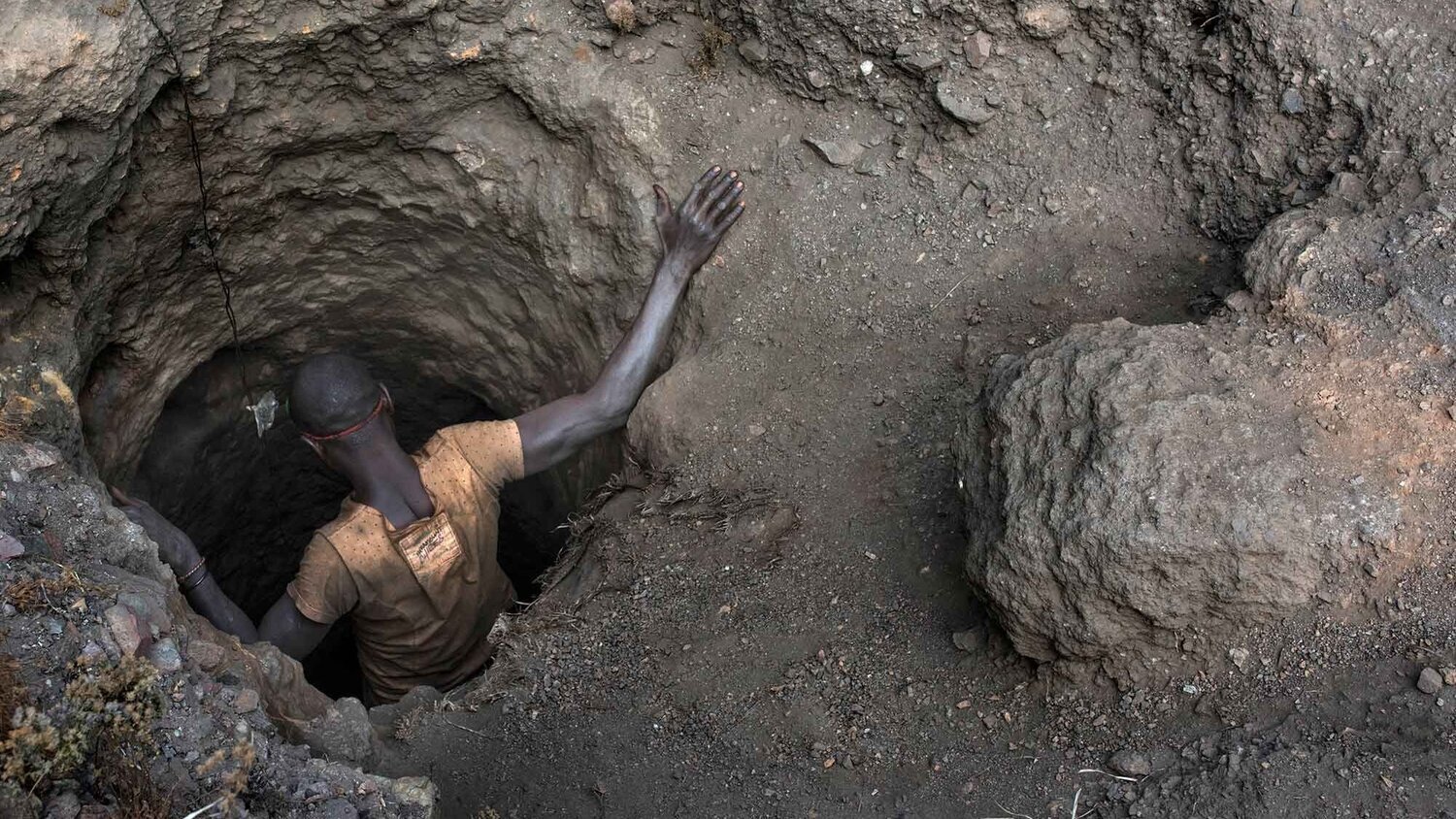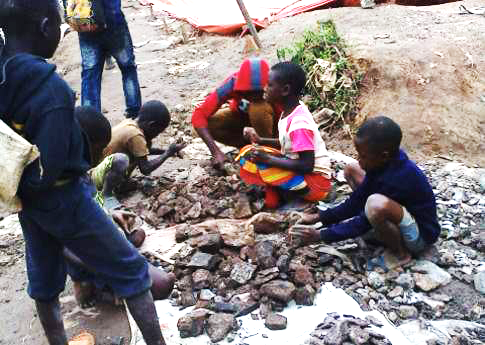Paradox in Cobalt - An essential mineral in the “green” economy
Photo via Industrial Global Union
Smartphones, laptops, and electric vehicles are essential in today’s fast-moving world. From an environmental standpoint, the lithium-ion batteries that power these devices are “greener” than lead-acid batteries, but an essential mineral in lithium-ion batteries raises serious human rights concerns.
Cobalt is used in the positive electrode of lithium-ion batteries and more than 70% of the world’s cobalt comes from the Democratic Republic of Congo (DRC). Although cobalt is not listed as a conflict mineral in the Dodd-Frank Act or the EU Conflict Minerals Regulation, its mining puts many Congolese communities at risk.
Human Rights Risks at Artisanal Cobalt Mines
Photo by Michael Robinson Chavez, The Washington Post
According to the World Economic Forum, cobalt from artisanal and small-scale mines makes up approximately 15-30% of national Congolese cobalt production. Artisanal mines are usually worked by independent miners who use their own tools to extract cobalt from hand-dug, underground tunnels. Miners wear plastic lamps strapped to their heads and no protective gear, placing them at increased risk for lung disease and other toxicity-related illness.
How much do cobalt miners get paid? In a 2016 article by the Washington Post, miners made an average of US$2-$3 a day depending on how much cobalt they found. According to the WEF, more than 2 million Congolese depend on artisanal mines for their livelihood and each miner supports up to five times as many people.
It is very difficult to obtain accurate numbers on child labourers, but in 2018, Harvard adjunct lecturer Siddharth Kara reported 35,000 child labourers at 31 artisanal mining sites in the DRC (World Economic Forum, 2020). Children’s work varies from washing mineral rocks to heavy work underground. Children end up working at mines for a number of reasons: accompanying guardians; no separation between working and living sites; and providing income for their families.
Photo by Amnesty International and Afrewatch
In 2019, DRC produced 100,000 metric tons of cobalt (Statista). This suggests roughly 15,000 - 30,000 metric tons of cobalt comes from artisanal mines that may be violating human rights. So how can we support the livelihoods of at-risk communities and ensure our devices are produced ethically and sustainably?
MIMOSI Connect gives companies a trusted, immutable record of key transactions, documents, and metrics across their entire supply chain to support responsible supply chain management and due diligence. MIMOSI Connect is compatible with OECD guidance on responsible supply chains and industry initiatives such as the Fair Cobalt Alliance.
Request a demo to see how MIMOSI Connect blockchain platform can improve your cobalt supply chain traceability.
Image credits: Michael Robinson Chavez via The Washington Post, Amnesty International and Afrewatch, and Industrial Global Union.
References
Shankar Besta (May 2019), The world’s biggest cobalt producing countries, NS Energy. Retrieved from https://www.nsenergybusiness.com/features/top-cobalt-producing-countries/#
Statista, Mine production of cobalt in DR Congo from 2008 to 2019. Retrieved from https://www.statista.com/statistics/339834/mine-production-of-cobalt-in-dr-congo/
World Economic Forum (September, 2020), Making Mining Safe and Fair: Artisanal cobalt extraction in the Democratic Republic of the Congo. Retrieved from http://www3.weforum.org/docs/WEF_Making_Mining_Safe_2020.pdf
Frankel el al (September, 2016), The cobalt pipeline: Tracing the path from deadly hand-dug mines in Congo to consumers’ phones and laptop, The Washington Post. Retrieved from https://www.washingtonpost.com/graphics/business/batteries/congo-cobalt-mining-for-lithium-ion-battery/
Peter Mugai (April, 2020), Artisanal and Small-Scale Mining in Africa, Geology for Investors. Retrieved from https://www.geologyforinvestors.com/artisanal-and-small-scale-mining-in-africa/
Industrial Global Union (August, 2019), Workers fear job losses at Glencore cobalt mine. Retrieved from http://www.industriall-union.org/workers-fear-job-losses-as-glencore-mothballs-mutanda-mine



